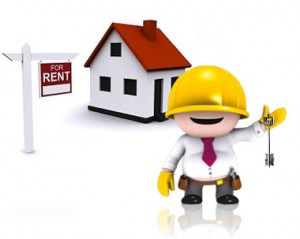
Understanding just one factor, the LTV or loan-to-value component, can be a big help. Basically, it compares the size of the loan you are signing to the value of the home.
The LTV mathematics are relatively simple. You calculate it by dividing the amount of the mortgage by the appraised value of the property. The lender is interested in the LTV because it is an indicator of loan risk.
For instance, on a home appraised at $300,000, if you make a down payment of $40,000, the $260,000 mortgage represents an LTV of 86 percent. In other words, your mortgage is 86 percent of the value of the home. A higher LTV could represent a greater risk for the lender because it suggests the assets behind the loan are lower. Should you default or foreclose with a high LTV, it becomes more difficult for the lenders to recuperate the outstanding balance when they resell the property. Because of that risk, they may charge higher interest in the first instance.
Lowering the LTV has a number of benefits for the purchaser. It will make applying for a loan easier and could lock in a lower interest rate. You may not be required to purchase mortgage insurance, which usually becomes a factor when the LTV is 80 percent or lower. If the value of the property should drop, you could find yourself “under water,” a term applied when the balance on your mortgage is greater than the value of the home.
You can improve the LTV by increasing your down payment, building equity as you pay off the mortgage or by proving that over time, the value of your property has increased. That requires another appraisal.
As time passes, check the numbers to see if your LTV has improved. If so, you may be able to drop your mortgage insurance.
